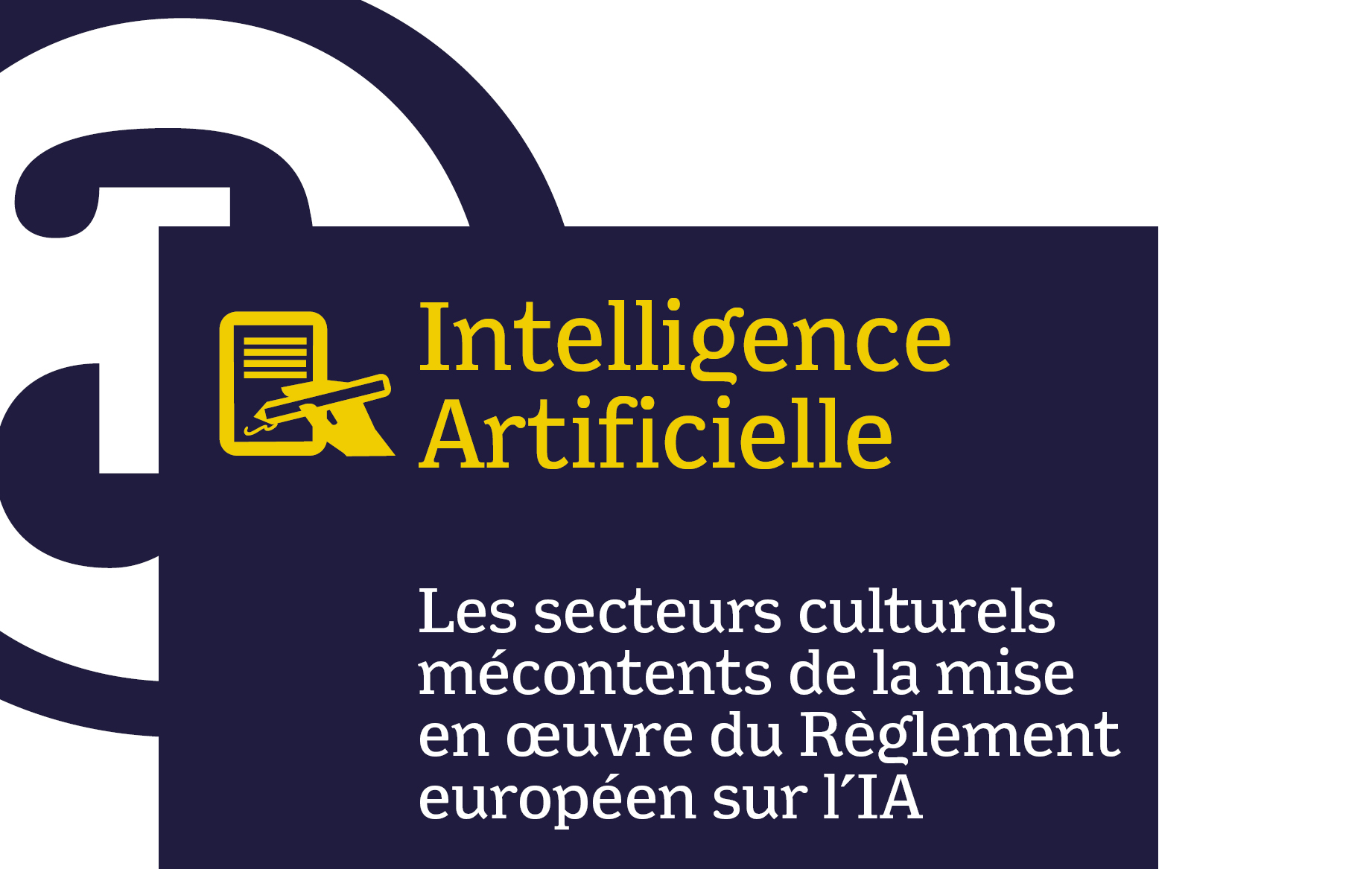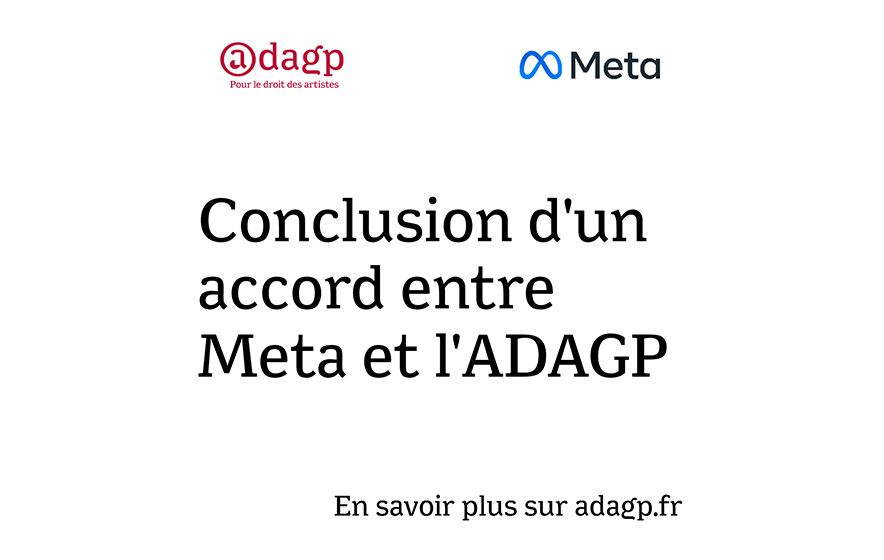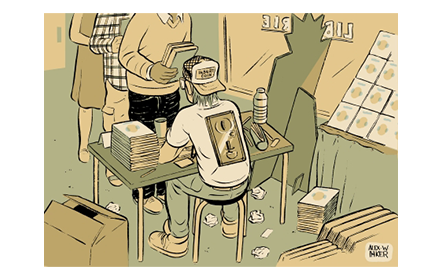January : Artificial intelligence
ADAGP Comic Book Commission publishes the Comic Book Calendar for comic book authors. Get the latest news each month on key moments in the careers of comic book authors and important information on your rights, tax and social security status.

Illustration : Kokopello
© ADAGP, Paris, 2024
Speech bubble 1 : "Tell me, kid, what I need is a Joann Sfar-style heroic-fantasy comic book starring Corto Maltese and the Marsupilami."
Speech bubble 2 : "Approximately 170 pages. Full colour."
Speech bubble 3 : "I'll take it back this afternoon."
Artificial intelligence (AI) is now capable of instantly generating images that are as striking as they are disturbing, based on a simple sentence describing the expected result (prompt).
To generate these ersatz creations, AI doesn't invent anything: it compiles, imitates and plagiarises. To work, it needs to be stuffed with "data", hundreds of millions of images and metadata automatically culled from the internet. In 2019, the European legislator created a new exception to copyright for text and data mining, currently used by AI providers to justify the use by their machines of images found on the internet, without financial compensation, unless the author has expressed his or her opposition (opt out) by means of a "machine-readable process".
This mechanism was devised without the legislator having in mind the case of generative AIs, which were underdeveloped at the time but which are now colliding with the activity of authors. Just five years after its adoption, it is already outdated. In particular, it overlooks the fact that authors are not always the distributors of their works and cannot chase down all the sites that publish their works to force them to programme this opt-out on their server. Furthermore, there is no financial compensation for the authors of works "swallowed" by the machines to ensure a fair sharing of the value. And, generally speaking, the world of AI suffers from a patent lack of transparency, so that authors cannot know to what extent their works have been flaring.
AI can, if it is put at the service of authors, prove useful to creation. But it must not be developed in an unbridled way, sacrificing authors. ADAGP and SNAC are working with all players in the cultural sector to ensure that the legal framework for AI is rethought, while respecting authors' rights.
See also
Cultural sectors dissatisfied with the implementation of the EU AI Act
This summer, ADAGP, through its European representatives EVA and GESAC, took part in a large coalition of author, performer, publisher, and producer organisations who released a statement in response to the implementation of the European Union Artificial Intelligence Act (AI Act), in which they expressed serious concerns, as the measures...


